Thinking, Knowledge & Science 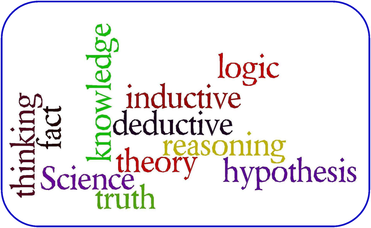 This week we followed in the footsteps of the ancient Greek philosophers as we pondered these important and timeless questions:
Students then reviewed their Quest workbook pages 32-33 on the definitions of hypothesis, theory, and fact, as these relate to the work and ideas of several of the ancient scientists we have learned about through our reading. Students should remember that the ideas of these ancient scientists (the Ionians and Democritus) were revolutionary, yet unproved hypotheses chiefly because the ancient Greeks lacked the modern technology and means to prove or disprove their ideas. It would be many hundreds of years before science could develop these theories further. And so, at this point in history, philosophers turned instead to the study of reason. Plato and Aristotle
Aristotle, Plato's student, argued that knowledge and universal principles come from experience. As a great observer and synthesizer of information, Aristotle attempted to create one theory to classify all knowledge. His work ranged over the fields of biology, chemistry, astronomy, light, vision, and the study of logic. And although his geocentric (earth-centered) cosmology was flawed, his ideas and massive body of work set the backdrop for all future developments in modern science. For a brief overview of the contributions of Socrates, Plato, and Aristotle, view this. (okay, so it's mostly the Jack Johnson background music that really makes it worthwhile!). And...An Impromptu Debate We concluded class with a mini debate which required students to apply the types of thinking and reasoning skills we had been discussing. The class split into two teams (boys vs. girls) and took up positions on the intriguing question: Will technology ultimately save or destroy the earth? With only about fifteen minutes to prepare, students did a good job of working together and crafting some solid points for argument. Unfortunately we did not have enough time to fully develop the topic and support and defend positions, but it was a worthwhile thinking exercise and introduction to debate. We will hope to continue the dialogue and debate format in future classes. Homework... For next week, students should read Chapters 13 and 14 in the text and review all material from Chapters 1-13 in preparation for a rousing game of Jeopardy! (prizes to be awarded to those that study hard!)
Have a great weekend! Comments are closed.
|
Categories
All
Archives
May 2016
|
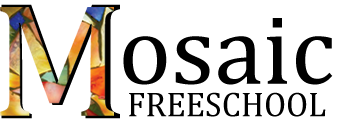
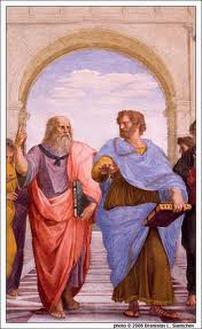
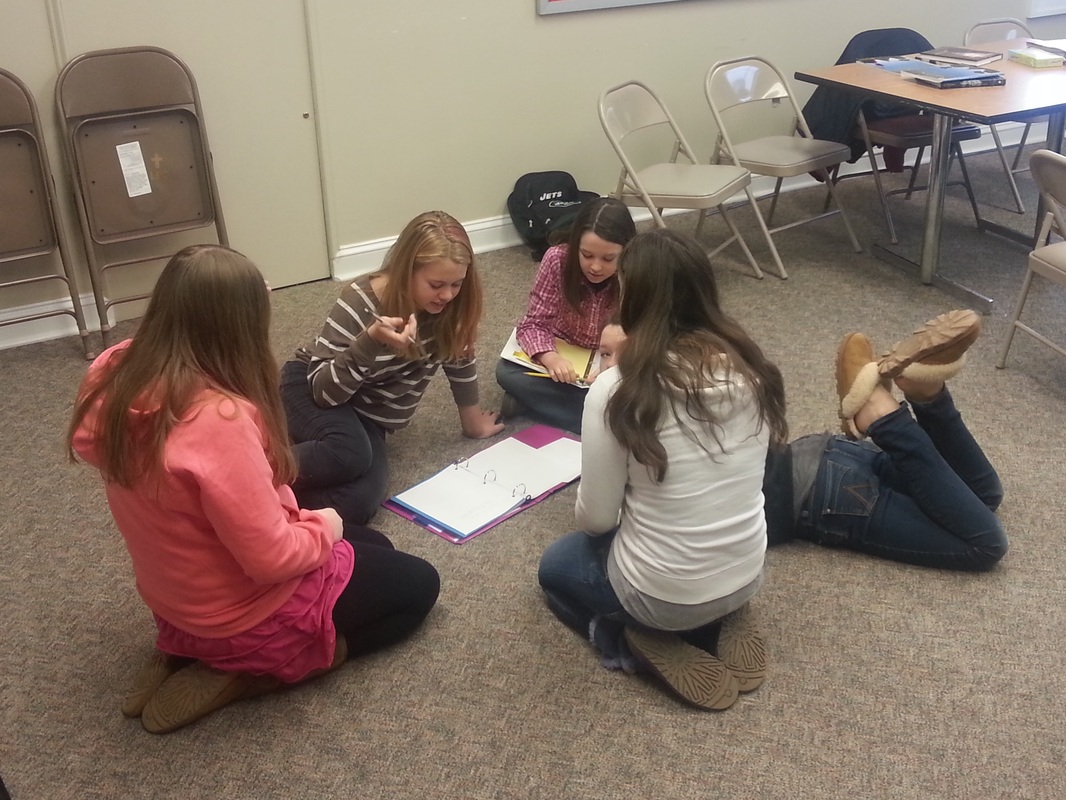
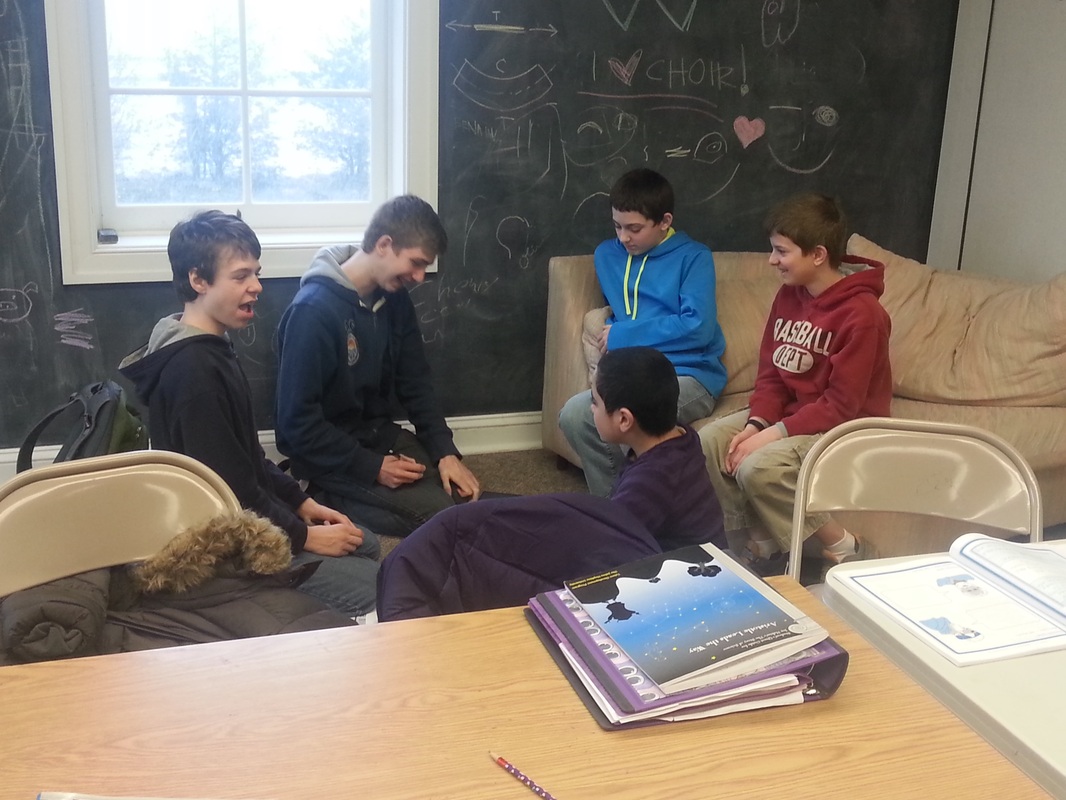
 RSS Feed
RSS Feed